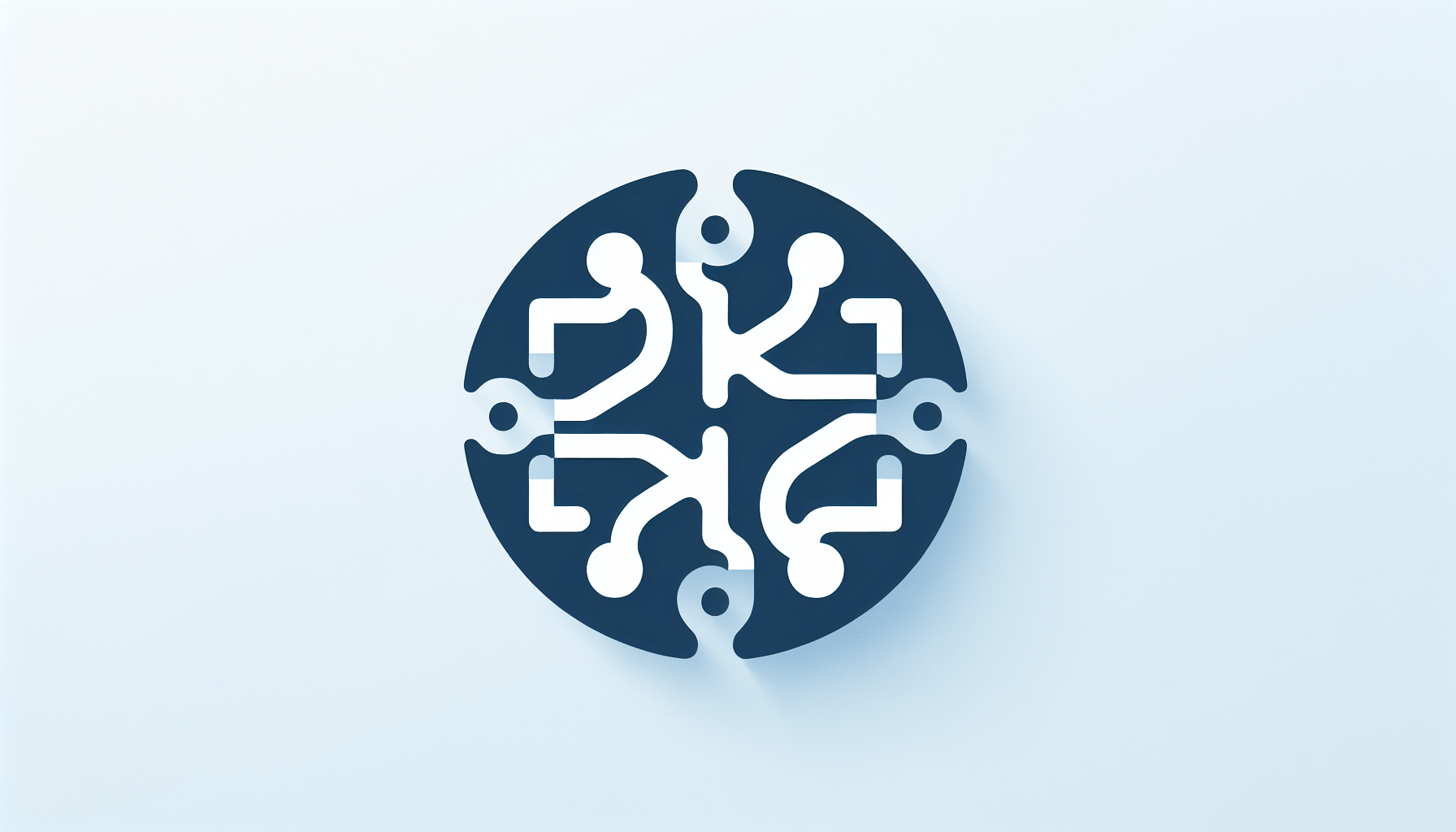Are you someone who is eager to delve into the world of AI but feel overwhelmed by the complexity of it all? Look no further, because “Effortless AI Learning for Beginners” is here to guide you through the process. In this article, we will provide you with valuable insights and practical tips on how to learn AI in a way that is both simple and enjoyable. Whether you are a total beginner or have some basic knowledge, this article will help you take the first steps towards mastering the fascinating field of artificial intelligence. So, let’s get started on this exciting learning journey together!

Online courses
When it comes to learning AI, online courses can be a great starting point. However, it’s important to choose reputable platforms that offer high-quality content. Platforms like Coursera and Udemy are known for their vast selection of AI courses and reputable instructors. Look for courses that are beginner-friendly, as these will provide a solid foundation for your AI learning journey. Before enrolling, make sure to check the course syllabus and curriculum to ensure it aligns with your learning goals. Additionally, reading reviews and ratings from past students can give you valuable insights into the course’s quality and effectiveness.
Video tutorials
If you prefer a more visual learning experience, video tutorials can be a fantastic resource for learning AI. YouTube is home to many AI tutorial channels that offer step-by-step guides and explanations. Some popular AI tutorial channels include Siraj Raval, Sentdex, and Two Minute Papers. Additionally, platforms like Khan Academy provide a wide range of educational videos, including AI-related topics. Online learning platforms like Udemy and Coursera also offer video courses that allow you to learn at your own pace and revisit key concepts whenever needed.
Interactive learning platforms
For a hands-on learning experience, interactive AI learning websites can be a valuable resource. These platforms provide coding challenges and hands-on exercises that help you apply your AI knowledge in a practical manner. Some popular interactive AI learning platforms include DataCamp, Codecademy, and Kaggle. By engaging in these activities, you can reinforce your understanding of AI concepts and gain practical experience in solving real-world problems.
AI learning communities
Joining AI forums and discussion boards can greatly enhance your learning experience. These communities provide a platform to ask questions, seek guidance, and interact with fellow AI enthusiasts and experts. Online AI communities like Reddit’s r/MachineLearning and Stack Exchange’s Artificial Intelligence section are excellent places to connect with like-minded individuals and exchange knowledge. Additionally, attending AI meetups and conferences allows you to network with industry professionals, learn about the latest AI advancements, and gain valuable insights from keynote speakers and panel discussions.

Books and e-books
If you prefer a more traditional approach to learning, AI books can be a valuable resource. Look for beginner-friendly books written by renowned authors in the field. Some popular AI books for beginners include “Artificial Intelligence: A Modern Approach” by Stuart Russell and Peter Norvig, “Machine Learning for Dummies” by John Paul Mueller and Luca Massaron, and “Deep Learning” by Ian Goodfellow, Yoshua Bengio, and Aaron Courville. Additionally, online platforms like Amazon provide a wide range of e-books and digital resources that can be easily accessed and downloaded for offline reading.
Online tutorials and guides
Step-by-step AI tutorials can be immensely helpful in understanding specific AI concepts and techniques. Many websites and blogs offer comprehensive tutorials that cover a wide range of AI topics, from basic concepts to advanced algorithms. Downloadable PDF guides and manuals provide in-depth explanations and can serve as handy references throughout your AI learning journey. Additionally, online walkthroughs provide a detailed, systematic approach to learning AI, guiding you through essential concepts and practical applications step by step.

AI learning apps
In today’s digital age, learning AI is no longer confined to computers. Install AI learning apps on your smartphone to access learning materials anytime, anywhere. These apps often offer interactive quizzes, exercises, and lectures that make learning AI engaging and convenient. Some popular AI learning apps include SoloLearn, Grasshopper, and Brilliant. With these apps, you can turn your idle time into productive learning sessions and reinforce your AI knowledge while on the go.
Online AI courses for kids
AI is not just for adults. There are also AI courses specifically designed for children to foster their interest in this exciting field. Look for courses that offer visually appealing and engaging content, as this can make the learning experience more enjoyable for kids. It’s crucial to ensure that the courses are age-appropriate and simplified, presenting AI concepts in a manner that is easy for children to grasp. Websites like Code.org and MIT App Inventor provide AI courses tailored for young learners, encouraging them to explore the world of AI in a fun and educational way.

AI learning through coding
A fundamental aspect of AI learning is understanding the programming languages commonly used in the field. Python is widely regarded as the go-to language for AI due to its simplicity and extensive libraries for machine learning and data analysis. By learning Python and other relevant languages like R or Java, you’ll have the foundation needed to implement AI algorithms and build AI models. Practice coding AI algorithms to gain hands-on experience and deepen your understanding of how AI works. Explore machine learning libraries and frameworks like TensorFlow and scikit-learn, which provide powerful tools and resources for AI development.
Utilizing AI development tools
To further simplify your AI learning journey, leverage AI development platforms and tools. These platforms provide user-friendly interfaces and pre-built AI models, making it easier to experiment and create your own AI applications. Platforms like Google Cloud Platform, Microsoft Azure, and Amazon Web Services offer AI development services that allow you to deploy AI models and utilize built-in AI functionalities. Additionally, AI development toolkits and APIs, such as OpenAI Gym and TensorFlow.js, provide developers with the necessary tools and resources to build and deploy AI projects with ease.
In conclusion, learning AI doesn’t have to be a daunting task. With a wide range of resources and tools available online, you can embark on your AI learning journey with confidence and ease. Choose reputable platforms, explore video tutorials, engage with interactive learning platforms, join AI communities, read books, follow online tutorials, utilize AI learning apps, consider courses for kids, practice coding, and leverage AI development tools. By taking advantage of these resources and approaches, you’ll be well on your way to becoming proficient in AI and unlocking its endless possibilities. Happy learning!







Leave a Reply